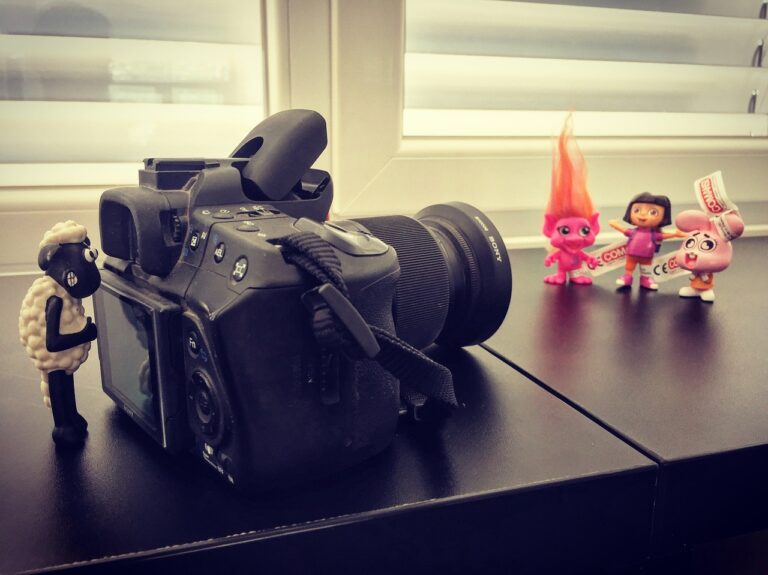Music Venues and Indigenous Cultural Protocols: Respectful Engagement and Collaboration: 11xplay sign up login password, Www laser247.com, Tiger exchange 247
11xplay sign up login password, www laser247.com, tiger exchange 247: Music venues are essential spaces for artists to showcase their talents, connect with their audience, and create memorable experiences. However, when hosting events that showcase Indigenous cultural performances, it is crucial to adhere to respectful engagement and collaboration with Indigenous communities. By following Indigenous cultural protocols, music venues can create a safe and welcoming environment for all attendees while honoring the traditions and heritage of Indigenous peoples.
1. Understanding Indigenous Cultural Protocols
Before hosting an event that includes Indigenous cultural performances, it is essential to understand the cultural protocols of the specific Indigenous community being represented. These protocols may include guidelines on appropriate behavior, ceremonial practices, and the use of traditional symbols and songs.
2. Building Relationships with Indigenous Communities
Engagement with Indigenous communities should be based on mutual respect and understanding. Music venues can reach out to local Indigenous organizations, cultural centers, or artists to establish relationships and seek guidance on how to respectfully showcase Indigenous cultural performances.
3. Consulting with Indigenous Elders and Knowledge Keepers
It is important to consult with Indigenous Elders and Knowledge Keepers to obtain their wisdom and guidance on how to best honor their traditions. These respected community members can provide valuable insights and ensure that cultural protocols are being upheld.
4. Offering Fair Compensation and Recognition
When hosting Indigenous cultural performances, it is essential to offer fair compensation to the artists and cultural performers. Additionally, it is important to recognize and acknowledge the contributions of Indigenous communities to the event.
5. Providing a Safe and Inclusive Environment
Music venues should strive to create a safe and inclusive environment for all attendees, including Indigenous community members. This may include offering cultural sensitivity training to staff, providing designated seating areas for Elders and Knowledge Keepers, and ensuring accessibility for people with disabilities.
6. Promoting Indigenous Voices and Perspectives
Music venues can help amplify Indigenous voices and perspectives by showcasing a diverse range of Indigenous artists and performers. By providing a platform for Indigenous storytelling, music venues can facilitate cultural exchange and foster understanding among audiences.
FAQs:
1. Why is it important to adhere to Indigenous cultural protocols when hosting events?
Respecting Indigenous cultural protocols demonstrates a commitment to honoring and preserving Indigenous traditions and heritage. It also promotes mutual understanding and respect between Indigenous communities and event organizers.
2. How can music venues establish relationships with Indigenous communities?
Music venues can establish relationships with Indigenous communities by reaching out to local organizations, cultural centers, and artists. Building trust and communication is essential for successful collaboration.
3. What are some ways to promote Indigenous voices and perspectives in the music industry?
Music venues can promote Indigenous voices and perspectives by showcasing Indigenous artists, collaborating with Indigenous cultural performers, and actively seeking out opportunities to highlight Indigenous storytelling and music.







